Putin declares martial law in former Ukrainian regions amid Kherson evacuations
Russian President Vladimir Putin on Wednesday declared martial law in the former Ukrainian regions that recently joined the Russian Federation amid reports that Ukraine is gearing up for a large-scale offensive in the Kherson region.
During a televised National Security Council meeting, Putin said that martial law had been declared in Donetsk, Lugansk, Kherson and Zaporizhzhia regions.
"I signed a decree to introduce martial law in these four subjects of the Russian Federation," Putin said. The Kremlin then published a decree saying martial law will be introduced from early Thursday.
The announcement came as Ukrainian forces were poised to attack territories held by Moscow ahead of winter.
"The Kiev regime refused to recognize the will of the people, rejects any proposals for negotiation, gunfire continues, civilians are dying," Putin said, adding that the Kiev regime was using "terrorist methods."
"They send sabotage groups into our territory."
Putin said that following the Crimea bridge attack, Moscow had foiled several other terrorist attacks, "including at our nuclear power facilities."
"We are working on solving very complex large-scale tasks to ensure security and protect the future of Russia," Putin said.
The martial law allows for the strengthening of the military while putting limits on civilian movement in sensitive areas during certain hours in the recently joined areas.
According to the decree, Putin also strengthened security inside Russia, putting Crimea and the southern regions of Krasnodar, Belgorod, Bryansk, Voronezh, Kursk and Rostov on a "medium level of response."
This includes moving some residents to "safe zones," introducing checks on entering and leaving the regions and strengthening security on infrastructure. In the central federal district, which includes Moscow, a "strengthened alert" was introduced.
In the meantime, one of the most senior Russian-appointed officials in the newly joined regions said the Kiev forces were poised to begin an offensive against the southern city of Kherson as it tries to take as much territory as it can before winter.
Kirill Stremousov, deputy head of the Kherson administration, urged residents to evacuate for their safety. Kherson is the biggest population center in the areas that recently joined the Russian Federation.
Stremousov warned residents in a video that Kherson, particularly its right bank, could be shelled by Ukrainian forces, adding that residents who evacuate in the coming days would be given accommodation inside Russia.
"I ask you to take my words seriously and to interpret them as a call to evacuate as fast as you possibly can," he said. "We do not plan to surrender the city, we will stand until the last moment."
"The Ukrainian side is building up forces for a large-scale offensive," TASS news agency quoted Vladimir Saldo, chief of Kherson region, as saying. "Where the military operates, there is no place for civilians."
He said about 50,000 to 60,000 people would be evacuated to Russia and to the left bank of the Dnipro river in the next six days. Many residents of Kherson, with an estimated population of 280,000, had already fled the city.
Vladimir Rogov, a member of the governing council of Zaporizhzhia, another region in the south, said Ukraine's forces had intensified overnight shelling of Russian-held Enerhodar. Many employees of the Zaporizhzhia nuclear station live there.
Zaporizhzhia nuclear power plant is Europe's largest nuclear facility and Russia has repeatedly warned that strikes on the power station could create a large-scale catastrophe.
Rogov said on the Telegram messaging app on Wednesday that artillery fire had hit the town's outskirts and there had been 10 strikes around a thermal power station.
Meanwhile, the new commander of Russian forces in Ukraine, General Sergei Surovikin, said the situation in the military operation zones was "tense." Surovikin told Rossiya 24 news channel. "The situation in this area is difficult. The enemy is deliberately striking infrastructure and residential buildings."
On Tuesday, Kiev described the situation in Ukraine as "critical" after new Russian strikes pounded the country's power plants in the wake of the Crimea Bridge attack, causing major blackouts across the country.
Ukraine President Volodymyr Zelensky claimed 30 percent of Ukrainian power stations had been destroyed. However, Russian State Duma Chairman Vyacheslav Volodin said Ukraine had lost 50 percent of its energy-generating capacity in the attacks.
The attacks came in response to the deadly “terrorist act” on the Crimean Bridge earlier this month.
Since Russia launched its "special military operation" to liberate pro-Russia regions in eastern and southern Ukraine on February 24, a multitude of people died and many more were displaced due to the ongoing conflict, which has caused damage in Ukraine, slowed down its economy and revived Cold War-era geopolitical rivalry.
VIDEO | Iran: Show of strength
UNRWA will ‘stay, deliver’ aid to Palestinians despite Israel’s ban: Lazzarini
Explainer: What makes Iran's Rezvan and Raad loitering munitions prized assets?
VIDEO | Unseen agony: Missing loved ones of genocide in Gaza
Iran cuts gold import tariff to zero
Pezeshkian: Iran determined to develop, boost ties with neighbors
VIDEO | Israel, Hamas ceasefire agreement: Closer than ever
VIDEO | Gaza ceasefire to be put in place under resistance conditions


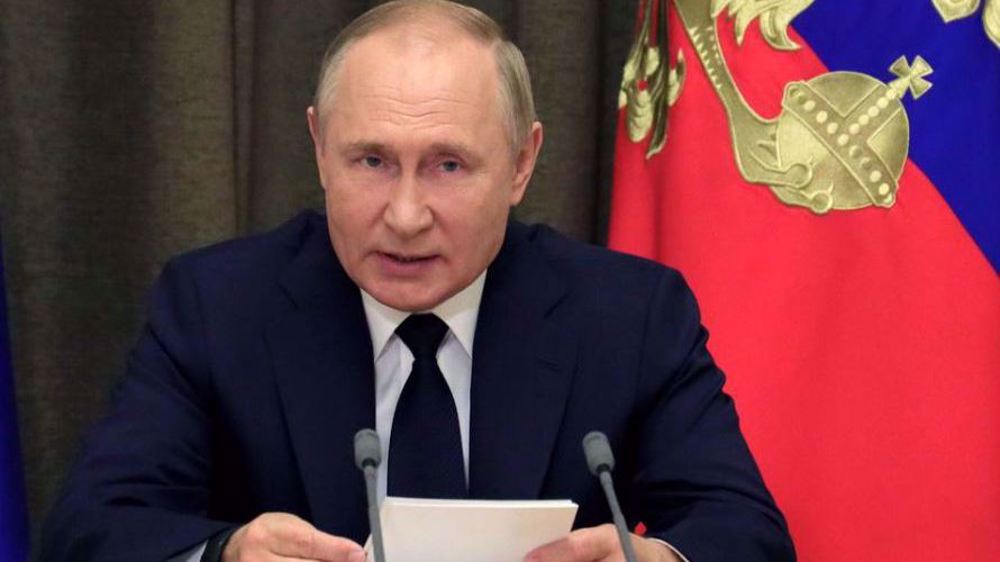
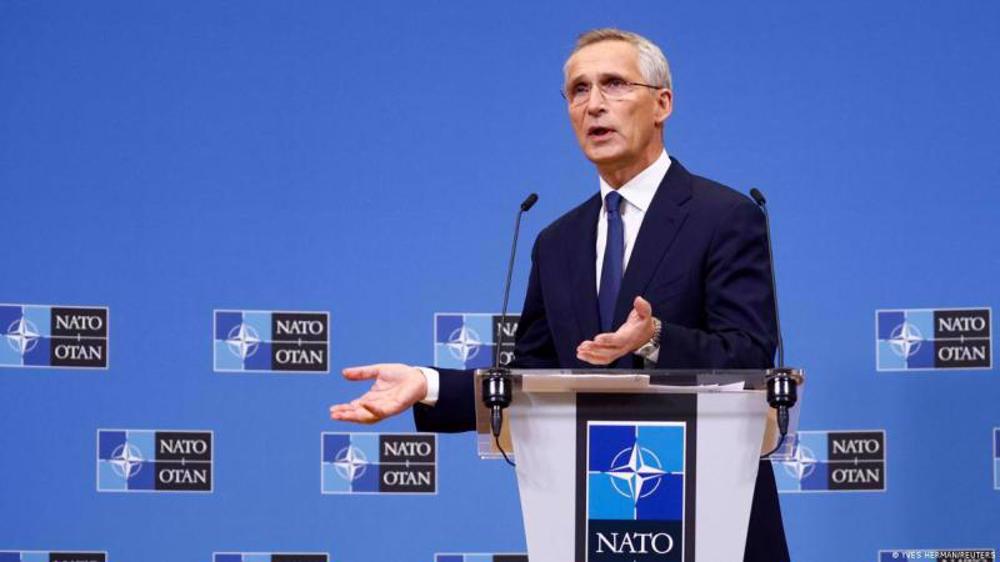
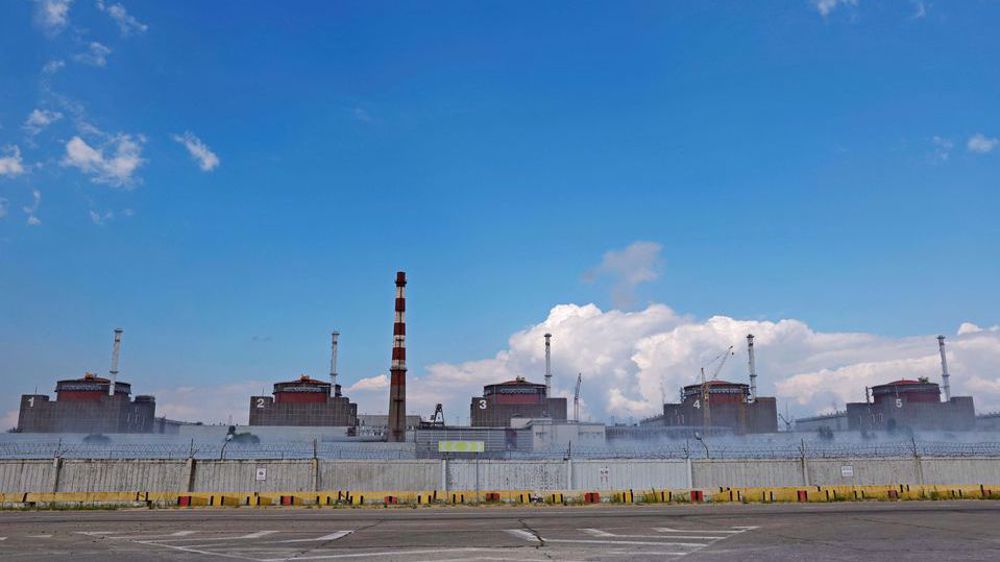
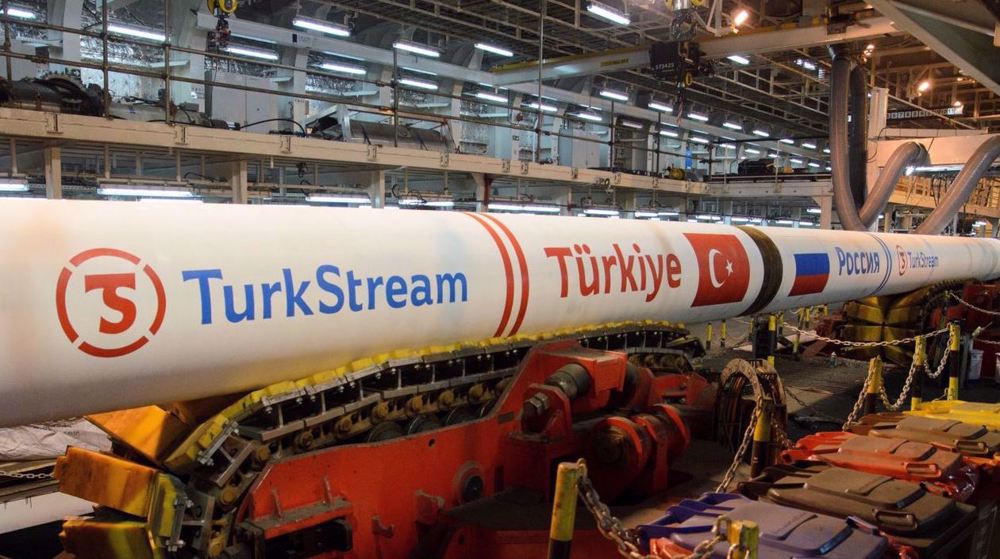
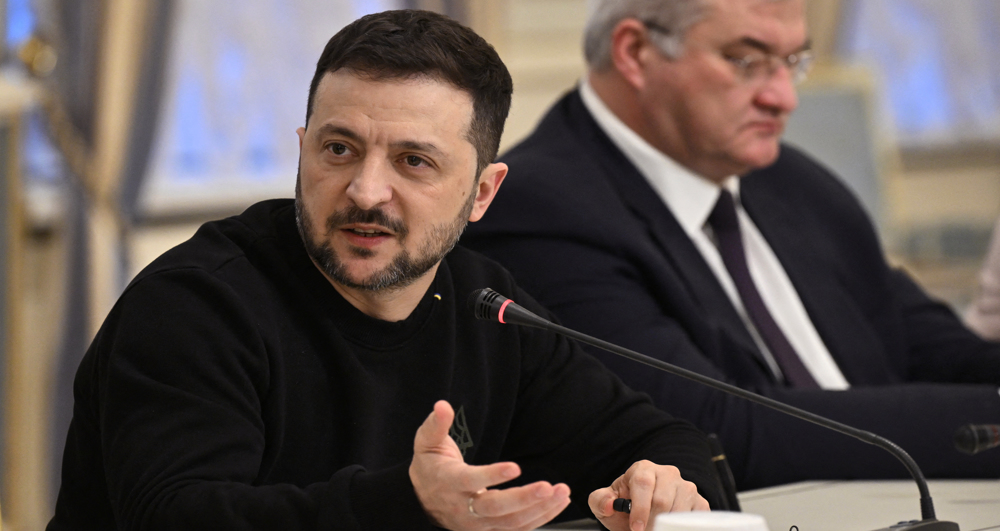
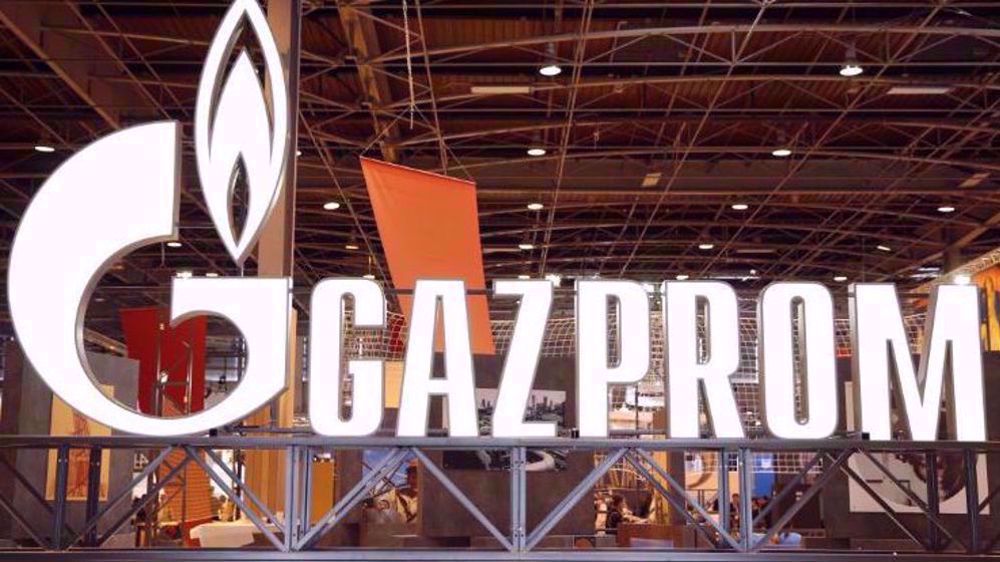



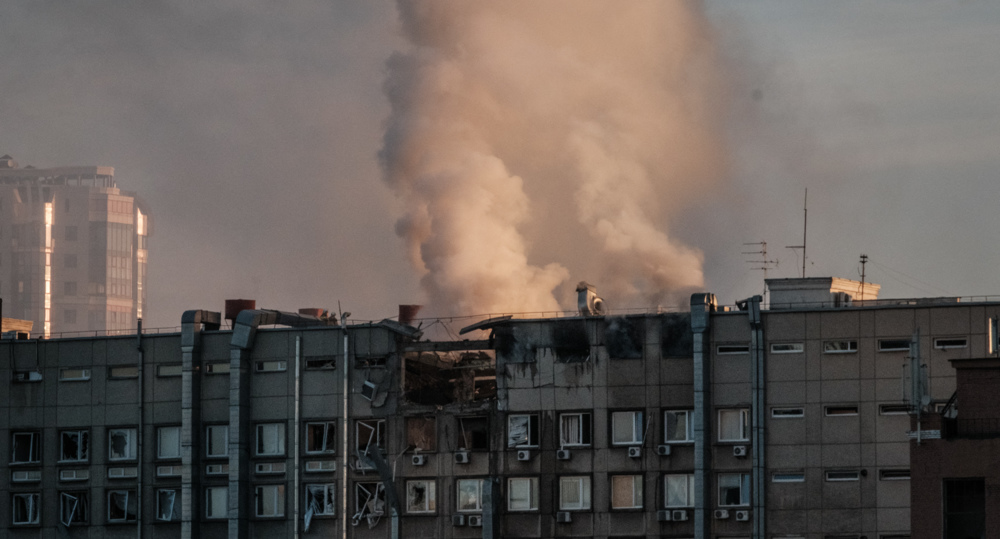
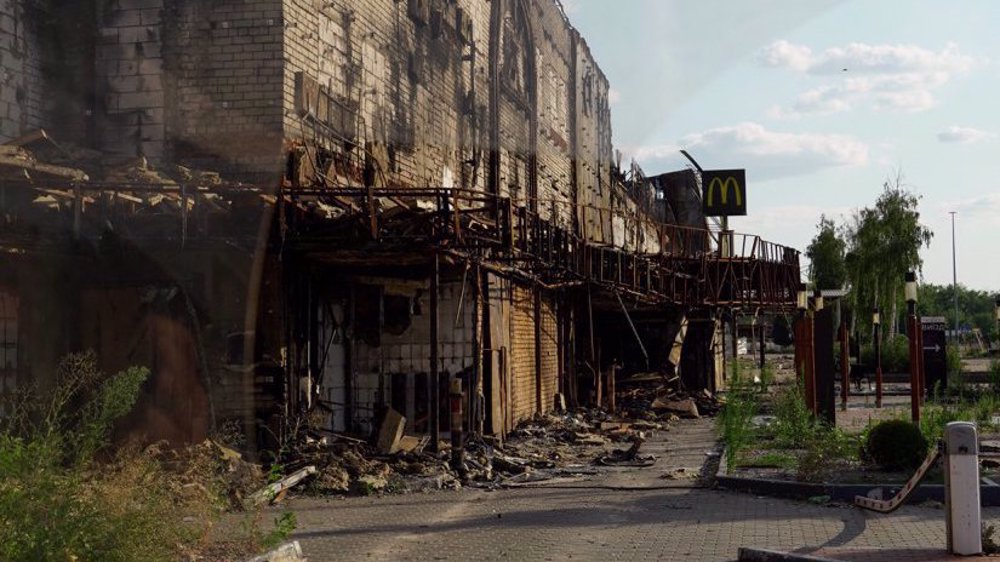
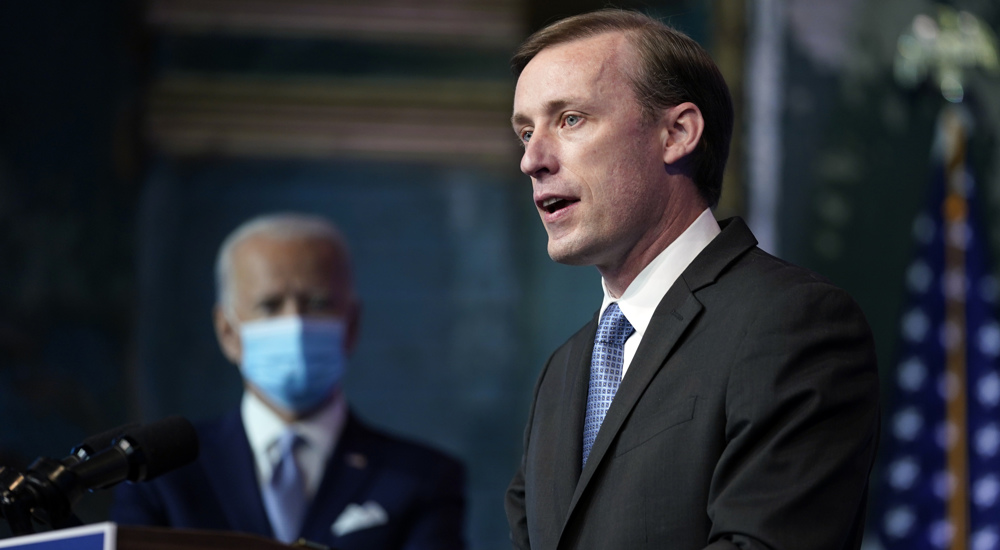
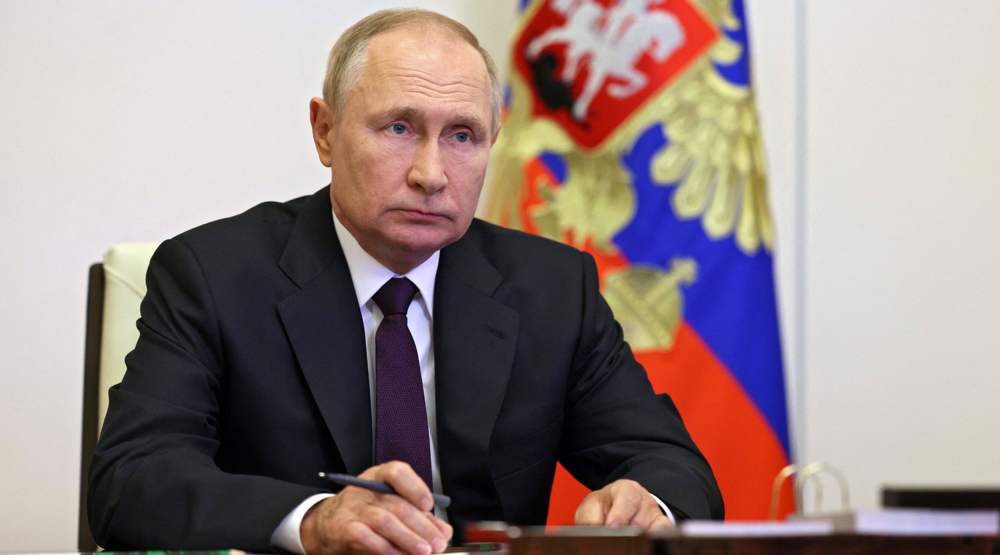
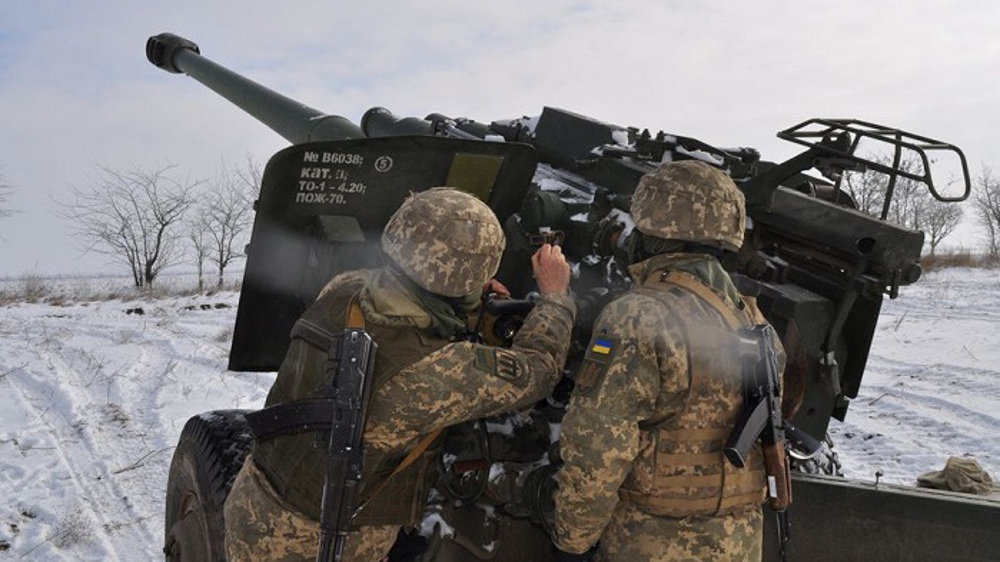
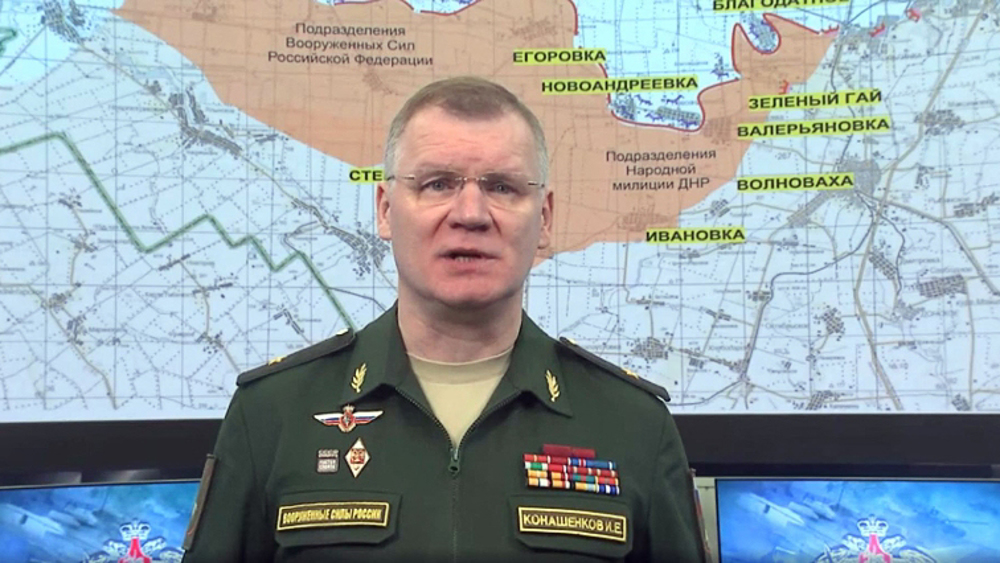

 This makes it easy to access the Press TV website
This makes it easy to access the Press TV website